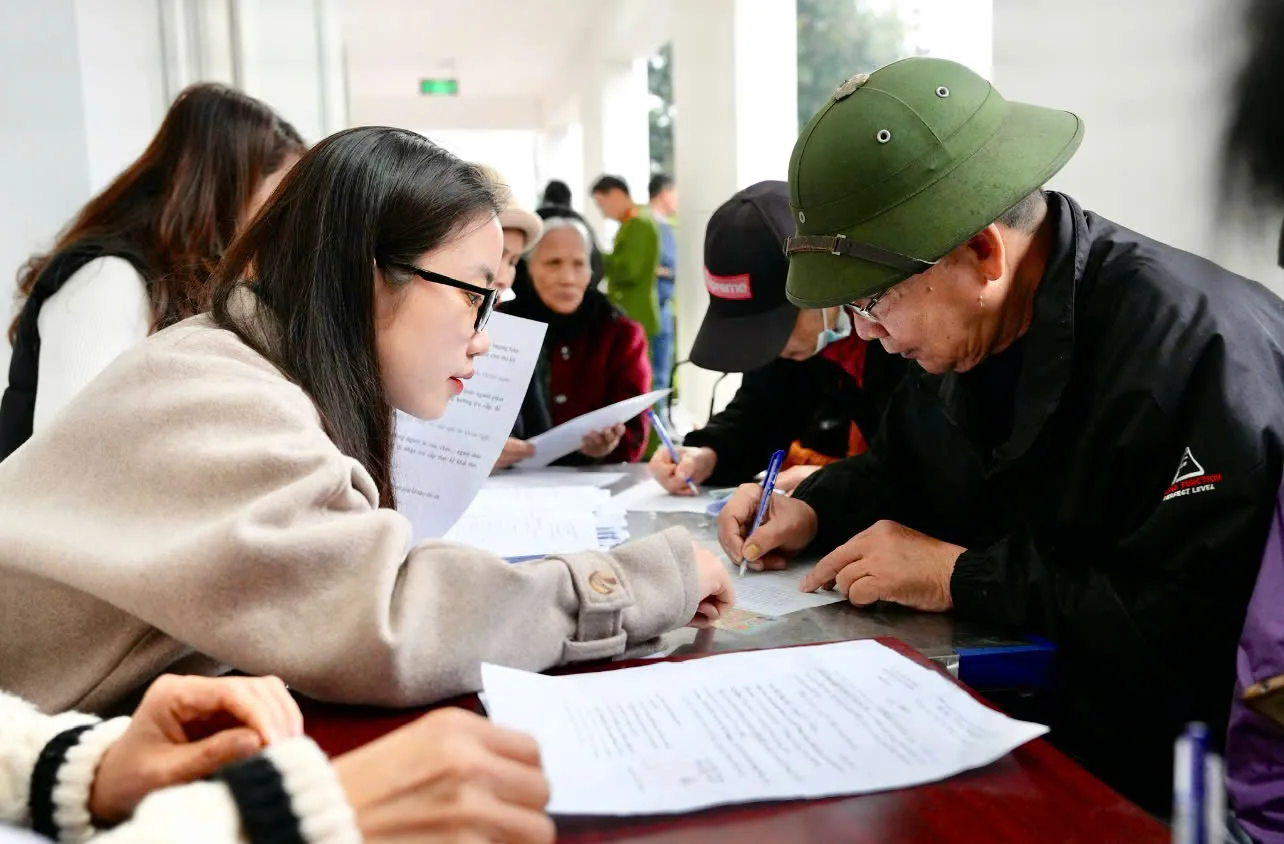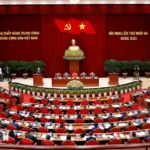Decree 176/2025/ND-CP clearly stipulates the monthly social pension payment process to be implemented through contracts between commune-level People’s Committees and social service payment organizations, ensuring timely and complete payments to beneficiaries.
Decree 176/2025/ND-CP by the Government details and guides the implementation of certain provisions of the Social Insurance Law regarding social pensions, stipulating: Vietnamese citizens are eligible for social pensions when they reach 75 years of age or older; do not receive monthly pensions or social insurance benefits; or are receiving monthly pensions or social insurance benefits lower than the prescribed social pension level.
Additionally, Vietnamese citizens aged 70 to under 75 years old who belong to poor or near-poor households according to Government regulations and meet the specified conditions are eligible for social pensions.
The social pension benefit amount is 500,000 VND per month.

Decree 176/2025/ND-CP stipulates that the implementation of social pension policies and regimes must be paid fully, timely each month, and to the correct beneficiaries;
The selection of social pension payment service organizations is carried out according to legal regulations. Payment implementation organizations must meet requirements including experience in social security policy payments, having service point networks in communes, wards, and special zones; capable of making home payments for some special cases. Simultaneously, ensuring conditions for timely and safe payments; having human resources to support commune-level People’s Committees in updating databases and monitoring beneficiary changes in the community;
Payments through service organizations are established through contracts between commune-level People’s Committees and payment service organizations. Contracts clearly specify the scope, payment beneficiaries, payment methods (including bank account payments, electronic payment accounts as regulated by law, or direct cash payments), payment timing, payment fee levels, payment deadlines, rights and responsibilities of parties, and other agreements related to payments;
Before the 25th of each month, commune-level People’s Committees based on the list of beneficiaries in their area; payment funds for the following month (including back payments and funeral expenses for beneficiaries); remaining payment funds from previous months (if any) withdraw estimates from the State Treasury and transfer to payment service organizations’ deposit accounts, simultaneously transferring payment lists for payment service organizations to pay beneficiaries the following month. During the payment period, commune-level People’s Committees assign personnel to supervise the payment organization’s payment activities.
Monthly, payment service organizations compile and report lists of beneficiaries who have received money, amounts paid; lists of beneficiaries who haven’t received money to be paid the following month, remaining unpaid funds, and transfer documents (signed lists, bank transfer documents) to commune-level People’s Committees before the 20th of each month to compile payment fund settlements according to regulations.
Further reducing the age threshold for social pension eligibility to expand beneficiary coverage needs to be considered within the overall social security policy framework and state budget balancing capacity.
Some residents in the western area of Hai Phong city have questioned why they were receiving 550,000 VND/month social pensions but since July 1, 2025 only receive 500,000 VND/month, a reduction of 50,000 VND compared to before.
According to Government regulations, the standard social pension amount is 500,000 VND/month. To ensure better living conditions for the elderly, some localities have balanced their budgets and increased social pension amounts to 650,000 VND/month, even 700,000 VND/month in some cases.






